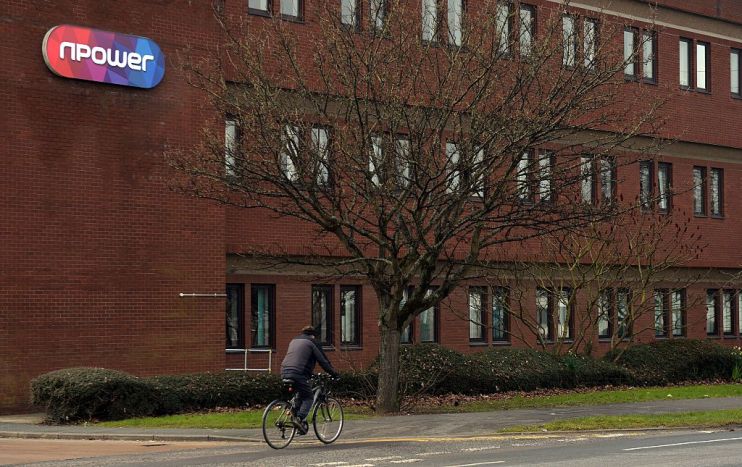Npower loses over 260,000 customers in the third quarter of 2019

Big Six energy supplier Npower lost 261,000 customers in the third quarter of 2019, as large providers continue to haemorrhage clients to smaller challenger brands.
The figures take total customer losses for the year for the company, which is owned by German power giant Innogy, to 447,000.
Read more: 5m customers switch energy supplier in 2019 so far
Npower also posted a nine-month operating loss of €167m (£142.1), with expected losses for the whole year expected to hit €250m.
Innogy said that the decline was mainly driven by the introduction of the energy tariff price cap in the UK.
Chairman and chief executive Johannes Teyssen recently described Innogy’s loss-making UK retail operation as “an open wound that is bleeding profusely.”
Npower, which is Innogy’s retail arm, was recently bought by fellow German firm E.on, which warned that it would not tolerate a loss-making business for long.
According to energy market regulator Ofgem, profits at the UK’s six-largest energy suppliers shrunk by over a third last year.
Ofgem’s State of the Market report also found that 40 per cent of all electricity switching between July 2018 and June 2019 came from customers leaving Big Six suppliers in favour of smaller ones.
However, a report earlier this week found that last month 100,000 customers moved from small or medium sized firms to Big Six companies, suggesting the major players may have begun to turn the tide.
Peter Earl, head of energy at comparethemarket.com, said: “The Big Six have snatched the momentum from their smaller and nimbler energy rivals – but whether this is a longer-term trend or merely a blip remains to be seen.”
Read more: Competition watchdog to examine £500m Ovo Energy SSE deal
Innogy slashed its overall outlook on the back of Npower’s performance, saying it now expects retail profit to run between €200m and €300m, a €100m reduction on its previous range.
The news caps off a tough twelve months for the company, which last December was forced to call off a planned merger with SSE’s retail arm, which was subsequently bought by challenger brand Ovo.